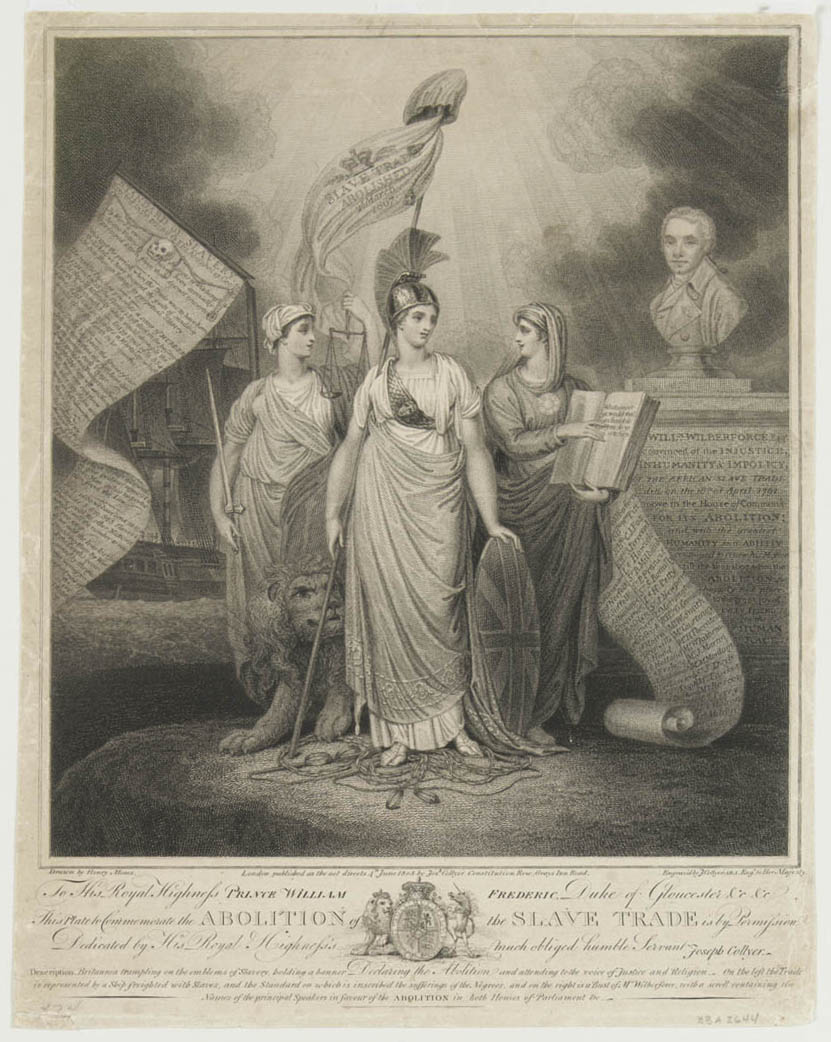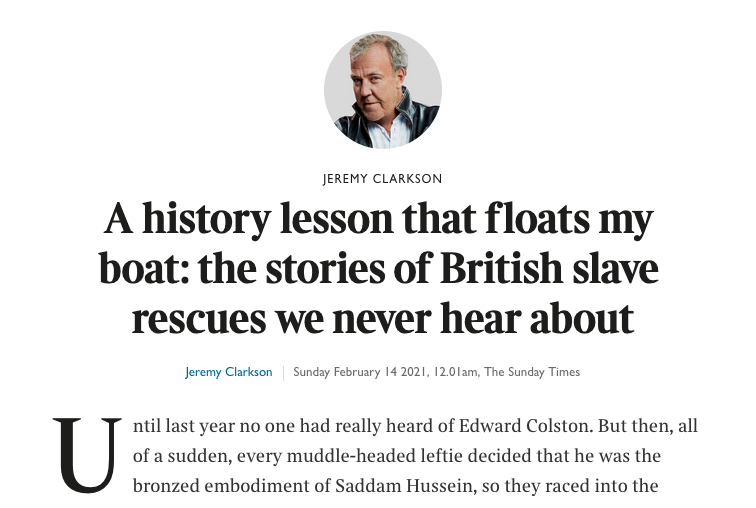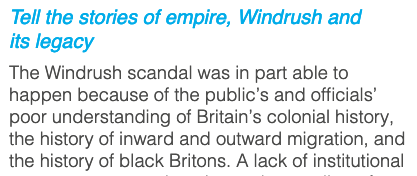Today's pronouncement that heritage orgs shouldn't engage with histories of slavery/empire because they 'do Britain down' is straight out of the UKIP handbook. Literally. This is an extract from their 2010 cultural policy doc 'Restoring Britishness'. Slavery & Britishness thread
Debates over transatlantic slavery 1787-1833 were more than debates about an economic system - they were debates about what kind of nation & empire Britain wanted to be. Pro & antislavery rhetoric engaged with ideas of patriotism, national and imperial identity. THIS IS NOT NEW.
Here is anti-abolitionist and Jamaica slave-owner George Hibbert MP making the case for proslavery patriotism in relation to maintaining the slave trade during the 1807 parliamentary debates:
In the aftermath of abolition that history was represented in ways which made it central to the construction of British national identity. British imperialism was justified as a 'civilising mission' & efforts 2 suppress the slave trade via naval squadrons were celebrated. BUT...
Squadrons served an economic as well as moral function - they allowed the British 2suppress competition from European slaving powers. What happened 2 'liberated' Africans needs 2b considered - most were forced in2 a period of unfree labour in Brit Empire https://liberatedafricans.org/index.php
These histories are more complex than British + antislavery = good. Rather than reading Clarkson's uninformed article, I recommend an open access piece by @Jake_S_Richards which explores the meaning of freedom 4 'prize negroes' as they were described https://academic.oup.com/past/article/241/1/179/5134187
Politicians from both side of the political spectrum have mobilised slavery, or rather abolition, in their construction of Britishness. Gordon Brown referred to it in his 2004 'golden thread of liberty' speech: https://www.theguardian.com/politics/2004/jul/08/britishidentity.economy
And David Cameron used it in 2014 for his piece 'British Values' https://www.gov.uk/government/news/british-values-article-by-david-cameron
Both of these versions of Britishness rely on the centring of abolitionism & the suppression or omission of Britain's much longer history of profit & participation. This history is documented extensively by @LBS_at_UCL: https://www.ucl.ac.uk/lbs//
Why do debates over slavery and Britishness matter now? Because they have real world consequences 4 those whose histories r suppressed from the national narrative. Wendy Williams cited a lack of knwlg of colonialism as a factor in the 2018 Windrush scandal https://www.gov.uk/government/publications/windrush-lessons-learned-review
@DavidLammy also made the case for the imp of this hist for claims on citizenship, rights & belonging. The relationship btwn slavery and Britishness is explored in a BBC film by @AmandaKirton
Shared history/heritage isn't always celebratory & isn't always unifying - we have 2accept that it's difficult & contested. Attempts 2enforce national pride through a singular proscribed version of the past builds a fragile & exclusionary sense of self reliant on myths.

 Read on Twitter
Read on Twitter









